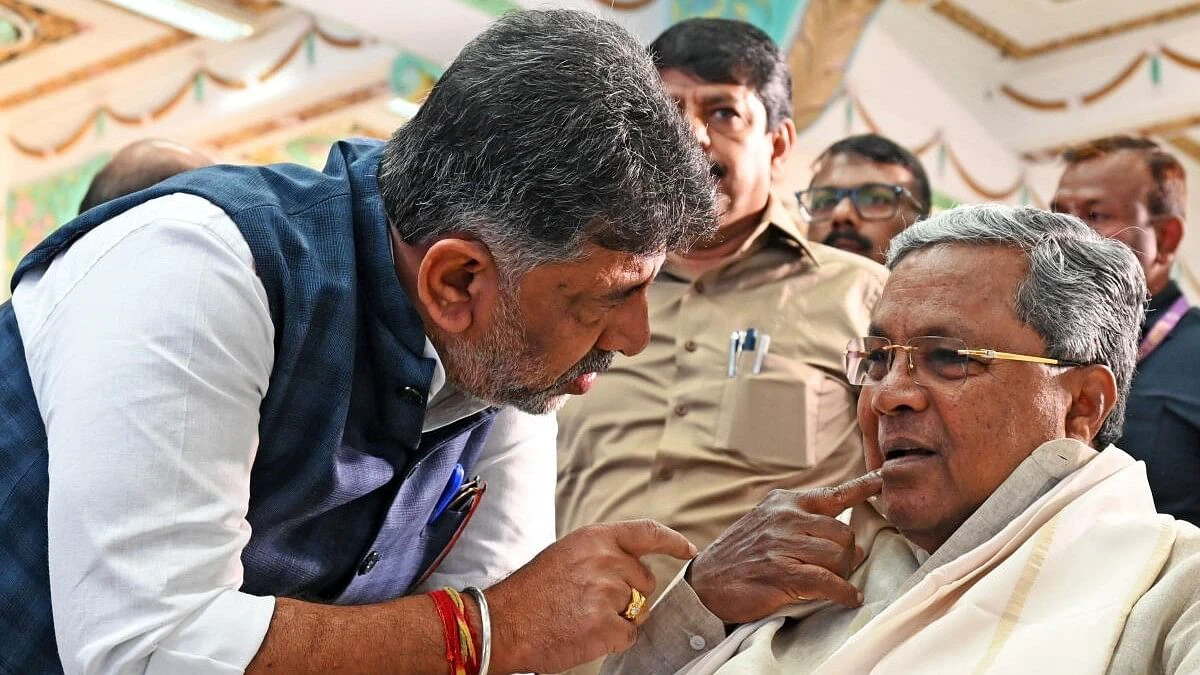The Karnataka cabinet’s decision to accept the Socio-Economic and Educational Survey report, popularly known as the caste census, holds the potential to fundamentally reshape the socio-political contours of the state.
Initiated in 2015 under the aegis of the Karnataka State Commission for Backward Classes, initially led by H Kantharaj and subsequently finalised by K Jayaprakash Hegde in February 2024, the report has languished, awaiting official endorsement.
Now, Karnataka, following in the footsteps of Bihar and Telangana, is set for a long-awaited public discourse about its true demographic and socio-economic composition. Leaked contents of the survey suggest a notable recalibration of the state’s perceived caste hierarchy. Traditionally dominant communities like Lingayats and Vokkaligas no longer constitute a numerical majority, as SC/STs, backward classes, and OBCs collectively outnumber them.
The official acknowledgement and subsequent implementation of the census findings could directly challenge this dominance, possibly paving the way for a more equitable distribution of political power and resources.
The report has understandably unsettled the established political order, and predictably, opposition has surfaced from across party lines. The Bharatiya Janata Party (BJP), which has historically relied heavily on the support of the Lingayat community, has voiced its reservations. Similarly, prominent leaders from the ruling Congress, including Deputy Chief Minister D K Shivakumar, who hails from the Vokkaliga community, have also expressed concerns.
These sharp reactions highlight the palpable political anxieties surrounding a report that carries the potential to alter the existing balance of power and usher in an era of more inclusive representation. Despite its legacy of progressive social reforms, particularly during the tenures of chief ministers like D Devaraj Urs, Karnataka has never had a Dalit holding the state’s highest political office.
The communities that have historically remained on the margins of power, despite forming a numerical majority, may now find themselves empowered by this data to demand greater representation across all levels of governance.
While critics have raised questions about the credibility of the collected data, the government has consistently maintained that the exercise was both comprehensive and meticulously executed. Backward Classes Welfare Minister Shivaraj Tangadagi asserts that the survey, conducted at a cost of Rs 165 crore, covered 94 per cent of the population.
Karnataka, like other states, continues to grapple with social realities shaped by caste. However, the findings must not be politicised or weaponised in a manner that deepens existing societal divisions and creates new fault lines. If utilised judiciously and in a spirit of inclusivity, the survey can serve as a tool for empowerment, policy redirection and social justice for all communities.
